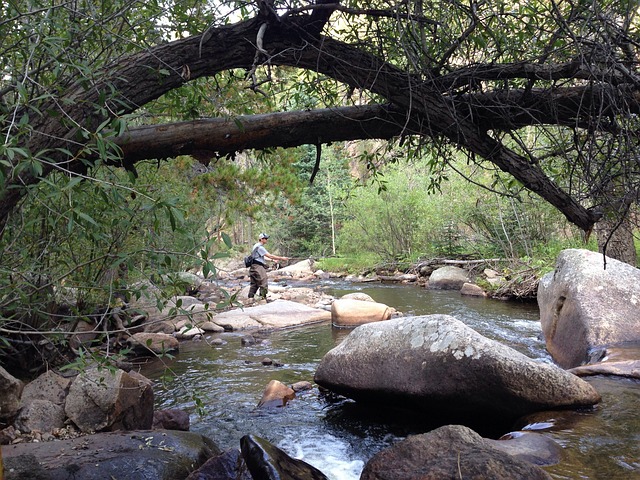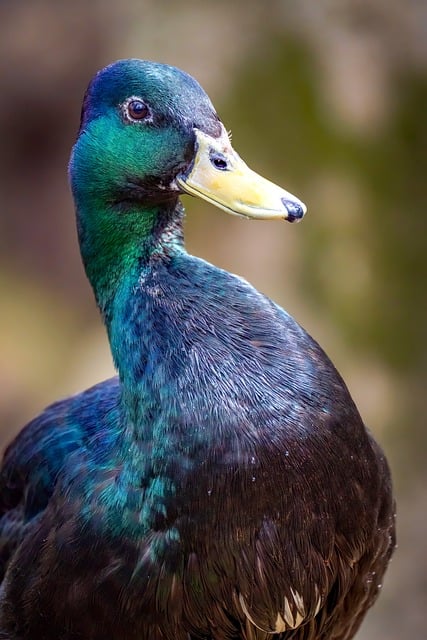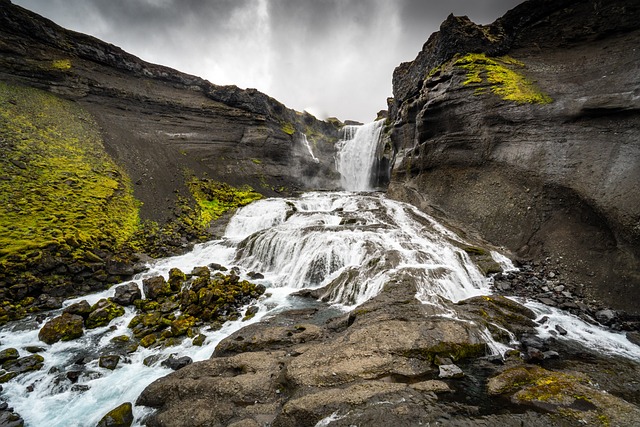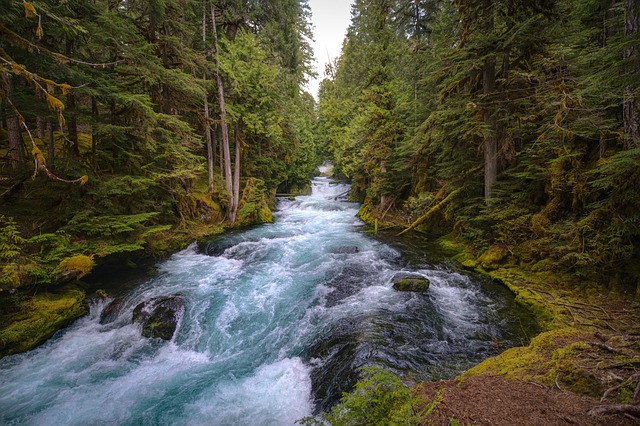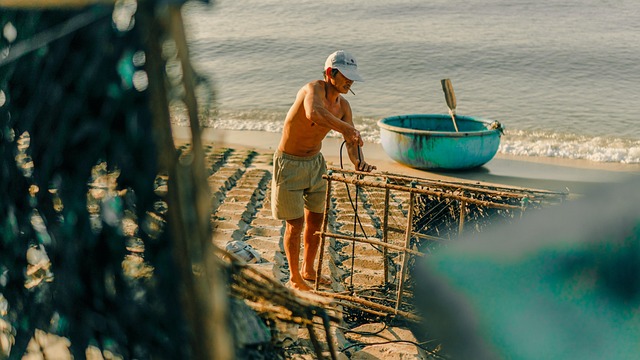The McKenzie River in Oregon is a prime destination for anglers due to its rich biodiversity and diverse fish species, particularly trout, salmon, and bass. Sustainable fishing practices are crucial, with regulations like timed seasons, catch-and-release, and size limits aimed at preserving the river's ecological integrity. Local communities actively contribute to conservation through educational initiatives, workshops, guided tours, and clean-up events, fostering responsible fishing habits that protect the river's health and biodiversity for future generations.
Uncover the best times to fish the renowned McKenzie River with our comprehensive guide. This article delves into the intricate ecosystem supporting its diverse fish populations, offering insights crucial for responsible angling. We explore the dynamic fishing seasons and provide practical tips for conservation-focused practices. Additionally, discover how community engagement and education play a vital role in preserving this precious natural resource, ensuring the McKenzie River’s health for future generations to enjoy.
- Understanding the McKenzie River Ecosystem and Its Fish Populations
- Fishing Seasons: Timing and Best Practices for Conservation
- Regulated Fishing Methods to Preserve the River's Health
- Community Engagement and Education for Sustainable Fishing on the McKenzie River
Understanding the McKenzie River Ecosystem and Its Fish Populations
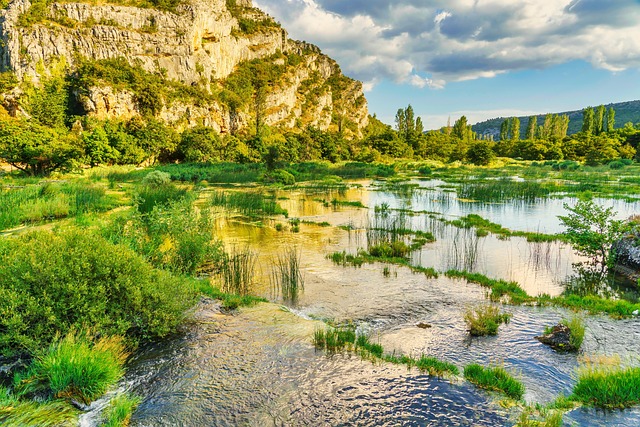
The McKenzie River, a stunning and ecologically rich waterway in Oregon, boasts a diverse range of fish species, making it a sought-after destination for anglers. Understanding this ecosystem is crucial for effective fishing conservation efforts. The river’s dynamic nature supports various aquatic life, including trout, salmon, and other coldwater species. These populations thrive due to the consistent water quality and habitat diversity offered by the McKenzie.
Fish migration patterns play a vital role in the region’s ecology, with many species traveling upstream during specific seasons for spawning. Anglers must be mindful of these cycles to ensure sustainable fishing practices. By understanding the river’s ecosystem, both fishermen and conservationists can work together to protect the delicate balance of this natural environment, ensuring that future generations can also enjoy the McKenzie River’s bountiful fishing opportunities while preserving its rich biodiversity.
Fishing Seasons: Timing and Best Practices for Conservation
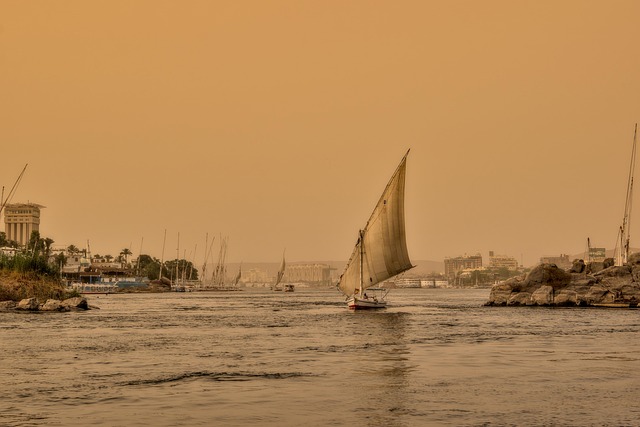
The McKenzie River, renowned for its abundant fish populations, experiences distinct seasonal changes that influence both fishing opportunities and conservation efforts. Understanding the appropriate timing for fishing is crucial for maintaining the river’s ecological balance. The summer months typically offer optimal conditions with warmer water temperatures, encouraging active fish behavior. This period attracts anglers seeking trout, salmon, and bass, as these species are more visible and responsive to lures. However, it’s essential to practice sustainable fishing during these peak seasons.
Anglers should adhere to local regulations, such as size limits and catch-and-release policies, to ensure the river’s long-term health. Conservation efforts, like avoiding excessive pressure on sensitive habitats and protecting spawning grounds, play a vital role in preserving the McKenzie River’s rich biodiversity. By respecting seasonal variations and following best practices, anglers can contribute to the river’s sustainability while enjoying exceptional fishing experiences.
Regulated Fishing Methods to Preserve the River's Health
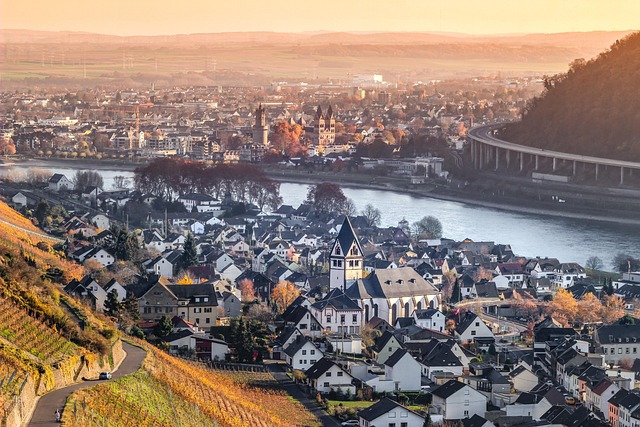
To preserve the health and ecosystem of the McKenzie River, regulated fishing methods are in place. These regulations aim to balance recreational fishing with the river’s ecological needs, ensuring that fish populations remain sustainable. Fishing seasons are carefully timed, with specific openings and closures, to allow fish to spawn and grow without excessive pressure.
Fishing techniques are also closely monitored and controlled. Catch-and-release practices are encouraged, especially for certain species, to minimize harm and boost the river’s fish population over time. Additionally, size limits and bag limits are implemented to prevent overfishing and maintain a healthy balance within the river’s ecosystem. These conservation measures not only safeguard the McKenzie River but also enhance the overall fishing experience for all enthusiasts who visit this vibrant waterscape.
Community Engagement and Education for Sustainable Fishing on the McKenzie River
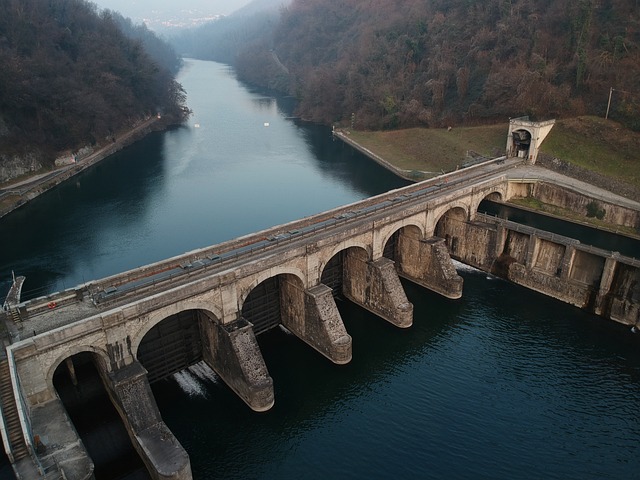
The communities surrounding the McKenzie River play a vital role in its conservation and sustainable management. Local fishing groups and environmental organizations actively engage with residents and visitors to promote responsible fishing practices. Educational initiatives teach the importance of protecting aquatic ecosystems, ensuring that future generations can also enjoy the river’s rich biodiversity. These efforts include workshops, guided tours, and community clean-up events, fostering a deep appreciation for the river’s ecological value.
By involving the public in McKenzie River fishing conservation, these programs aim to reduce environmental impact and maintain the river’s health. Through education, anglers learn about the ecosystem’s delicate balance and how their actions can make a difference. This collaborative approach fosters a sense of stewardship, encouraging sustainable fishing habits that preserve the river’s natural beauty and the numerous species it sustains.








